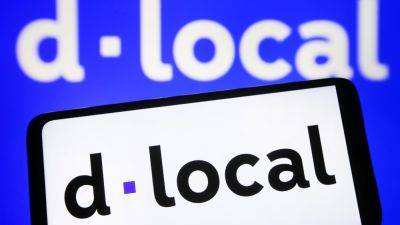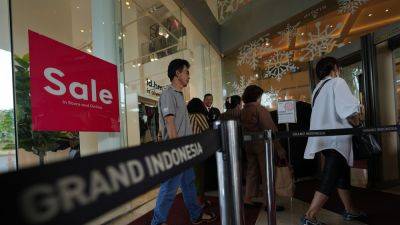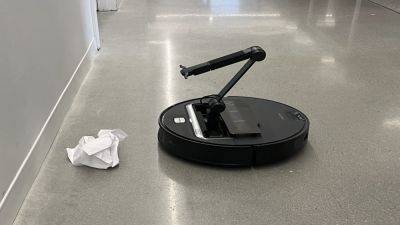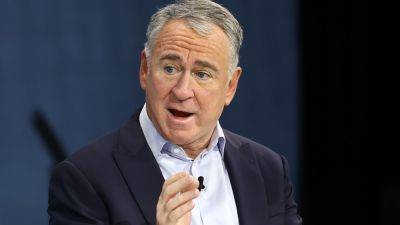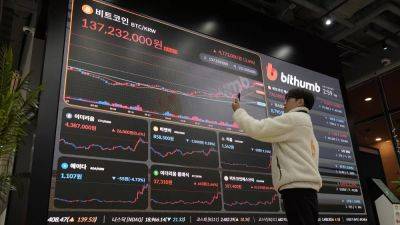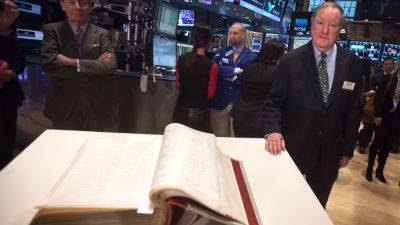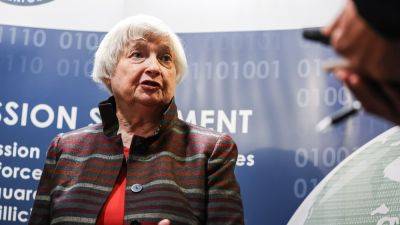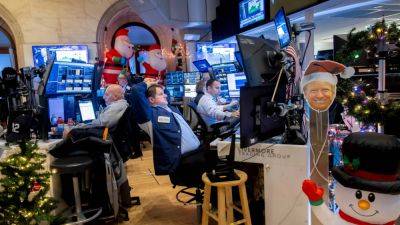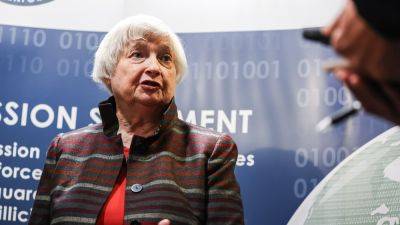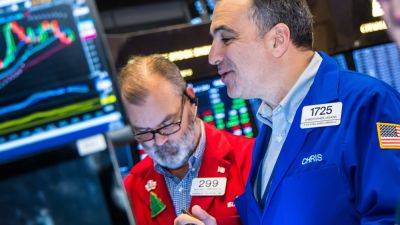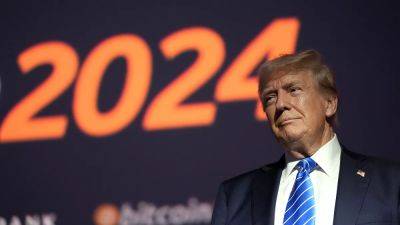If Trump adds tariffs, ‘either way, there is a cost to consumers,’ economist says
U.S. consumers would likely see prices increase if President-elect Donald Trump follows through with a plan to levy import tariffs, experts said Tuesday during CNBC's Financial Advisor Summit.
«Either way, there is a cost to consumers,» said Erica York, senior economist at the Tax Foundation.
A tariff is a tax placed on imported goods. Tariffs are paid by U.S. companies that import those goods.
Businesses could pass along higher prices to consumers at the store to offset the cost of tariffs, for example, experts said.
Tariffs may also reduce business profits, thereby lowering returns for shareholders and perhaps pushing businesses to hold down wages or employment opportunities for workers, York said.
«It is such a company-specific decision,» she said.
In an NBC News interview that aired Dec. 8, Trump said he would fulfill his campaign promise to impose tariffs, but said he couldn't guarantee U.S. households wouldn't pay more because of tariffs.
«I can't guarantee anything,» Trump said. «I can't guarantee tomorrow.»
Trump imposed tariffs during his first term on washing machines, solar panels, steel, aluminum and a range of Chinese goods, for example. The Biden administration kept many of them intact.
Trump has called for a more sweeping tariff regime during his second term.
On the campaign trail, he floated the idea of universals tariffs, of up to 20%, on all trade partners, and of at least 60% on Chinese goods.
Here's a look at more stories on how to manage, grow and protect your money for the years ahead.
Such a policy would raise costs by $3,000 in 2025 for the average U.S. household, according to an October analysis by the Tax Policy Center.
Low- and middle-income households «who might already be living paycheck to
Read more on cnbc.com

